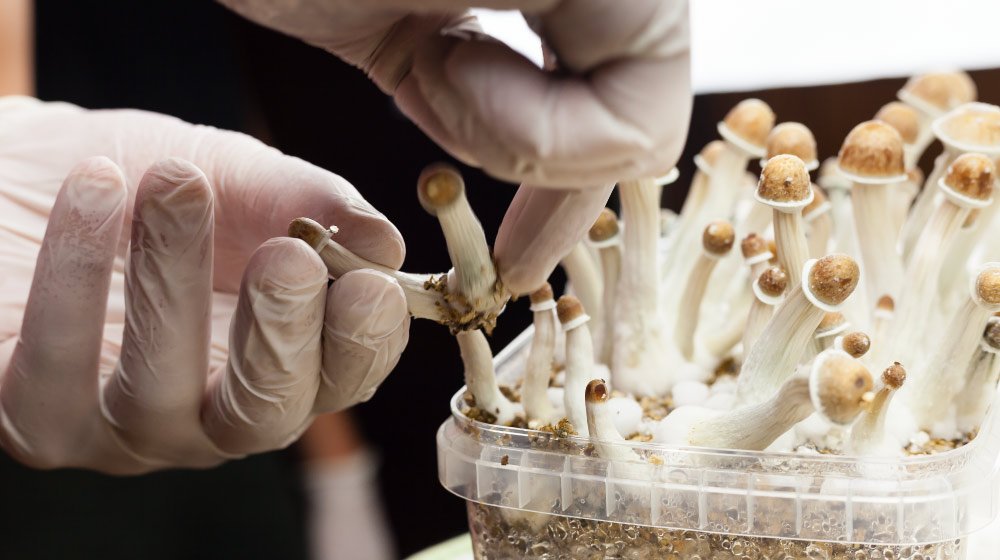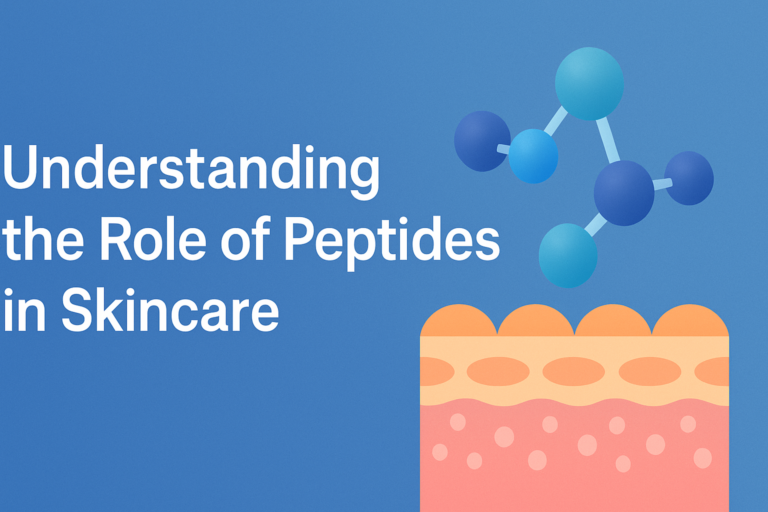
Scientists are conducting new studies on psychedelics to treat mental disorders in clinical research settings worldwide. Despite the termination of research years ago, psychedelic medicine is now reappearing to show its therapeutic efficacy as an adjunct to existing therapies.
RELATED: The Use of ‘Cold’ Tech to Improve Your Deep Sleep
Psychedelic Medicine Re-emerges to Show Its Potential in Mental Health
Given their long history, we might already know about the use of psychedelics in indigenous communities. To provide a different perspective towards these substances, this article discusses the emerging scientific research for the therapeutic benefits and other aspects of psychedelic drugs.
Psychedelic Medicine and Its Role in Mental-health Conditions
What Is Psychedelic Medicine?
Psychedelic medicine is an entheogen medication. At high doses, psychedelic medicine triggers psychological, visual, and auditory changes, causing non-ordinary states of consciousness.
Types of Psychedelic Medicine
There are two types of psychedelic medicine: classic psychedelics and entactogens.
The first type of psychedelic medicine, the classic psychedelics, includes lysergic acid diethylamide (LSD) and psilocybin. This type of psychedelic medicine is made from plants or fungi.
The second type of psychedelic medicine, the entactogens, includes MDMA (Ecstasy), which functions primarily as a serotonin-releasing agent. MDMA produces effects that are similar to but not identical to classic psychedelics.
The Role of Psychedelic Medicine
-
Treating Anxiety
A 2014 study involving 12 participants on LSD showed significant reductions in anxiety at the 2-month follow-up. No acute or chronic side effects lasting over one day were reported. These findings suggest that LSD can lower anxiety when used safely in supervised psychotherapy.
Moreover, according to a 2008 study consisting of 12 participants, psilocybin reduced anxiety and enhanced mood, with no clinically significant adverse events. This study established the practicality and safety of administering moderate doses of psilocybin to individuals with anxiety.
-
Reducing Addiction
According to a 12-week study including 10 participants on treating alcohol dependence, psilocybin reduced the mean drinking days and heavy drinking days by more than half from baseline. Some participants had side effects such as nausea and mild headaches but no serious or lasting harm.
Another study involving 15 addicted smokers showed that psilocybin reduced tobacco dependence at a 6-month follow-up. The smoking cessation rate is significantly higher than rates frequently reported for other therapy. These data imply that psilocybin might become an adjunct to conventional smoking cessation treatments.
-
Mitigating Posttraumatic Stress Disorder (PTSD) Symptoms
A study of 20 participants on MDMA showed a significant and long-term reduction in PTSD symptoms, with a symptom severity reduction of more than 30%. No significant adverse effects were reported. These findings showed that MDMA could help patients who can’t receive other PTSD therapies.
An additional study including 12 participants also found a significant reduction in PTSD symptoms as measured by a self-assessment questionnaire after MDMA-assisted psychotherapy. There were no serious drug-related side effects among the participants. As a result, MDMA can be safely used in a clinical setting.
Limited Funding and Research for Psychedelic Medicine
Despite the role of psychedelic medicine in mental-health conditions, its funding and research were previously prohibited in the 1970s. Psychedelic medicine was classified as a Schedule I controlled drug, making it unacceptable for medical use and likely to be abused.
The schedule I status prevented researchers from studying some psychedelic drugs, such as LSD and MDMA. However, the US Drug Enforcement Administration (DEA) allowed researchers to study small amounts of psychedelics in the late 1990s, allowing research to restart.
Problems With Legal Protection for Psychedelic Medicine
In October 2021, Compass Pathways, a mental health care firm dedicated to accelerating public access to evidence-based mental health innovation, received a patent on a crystalline psilocybin known as Form A Hydrate Psilocybin. Patents protect the company’s investments in drug development and commercialization, including expensive clinical trials to acquire FDA approval and medical community support. The issuance of this patent shows a positive shift in governmental attitudes toward psychedelics.
However, patient activists, scientists, journalists, lawyers, and indigenous communities have criticized the patenting of psychedelics because they are worried about the ethical and legal ways to provide psychedelic medicines for the public. Meanwhile, limiting psychedelic patents may be necessary to promote their role in meaningful mental healthcare advancement.
Demand for Psychedelic Medicine

Medical schools may need to integrate the newest understanding of psychedelics as research on psychedelic medicine advances. This would include the scientific knowledge concerning the risks of psychedelic drugs and the outcomes from unsupervised use.
On the other hand, if further scientific evidence accumulates on the therapeutic value of psychedelic medicines, specialized clinical training for health professionals will become necessary to meet the rising demand for psychedelic medicines and therapies.
RELATED: The Evidence Behind the Use of Hydrogen Water to Improve Your Health
Psychedelic Frontiers Institute
Realizing the potential and demand for psychedelic medicines, Peak Human launched Psychedelic Frontiers Institute, a research repository and think tank to help people better their lives by combining ancient knowledge with cutting-edge technologies.
Over 40 leading experts in psychedelics have already contributed findings on how psychedelics are transforming the treatment of mental health disorders and addictions and how they positively impact society and culture. New research and content is added continually and membership gives you full access to all content.
Continuous medical study into psychedelic medicines might lead to new strategies to treat mental illness and addiction in people who can’t receive other existing therapies.
If you have questions about leaky gut diets or any health problems discussed here, connect with us and learn more.
At Peak Human, our team of healthcare professionals is dedicated to helping you reach your ‘peak’ health with a custom whole-person approach. Using the most cutting-edge, science-backed biohacking and aesthetic tools, technologies, and treatments available today, we help you achieve the highest physical/cognitive performance state, leading to an improved overall quality of life.
For questions or to book an appointment, don’t hesitate to contact us. Get personalized support and insight from expert physicians.
UP NEXT:
- Why Biohacking Is Not Just Another Wellness Trend?
- Causes & Symptoms of Estrogen Dominance in Men
- 7 Significant Health Benefits of Coq10 (Coenzyme Q10)







/5Total reviews
Persons recommended this product
Filter by
star Rating
attach_file Attachments
Anonymous
Shopper
check_circle Verified
Shop owner replied
Was this helpful
Facebook
X (Twitter)
LinkedIn
Reddit
Copied to Clipboard
Anonymous
Shopper
check_circle Verified
Shop owner replied
Was this helpful
Facebook
X (Twitter)
LinkedIn
Reddit
Copy Link
Thanks for your review!
Your feedback helps us improve our service.
There are no reviews yet.
Be the first to review “ ”
Only logged in customers who have purchased this product may leave a review